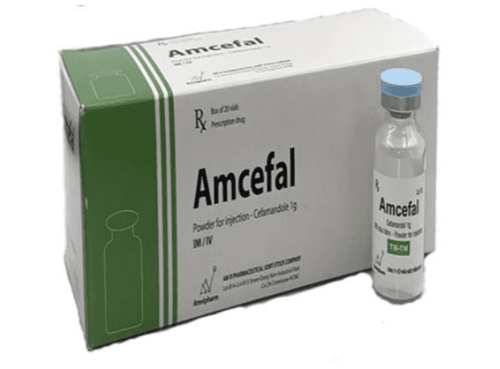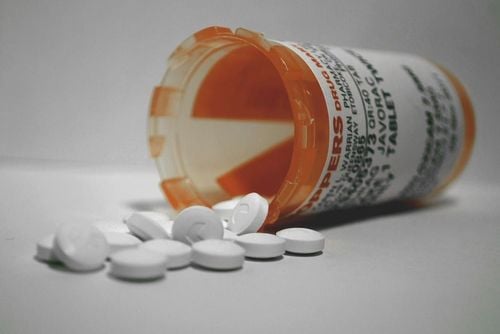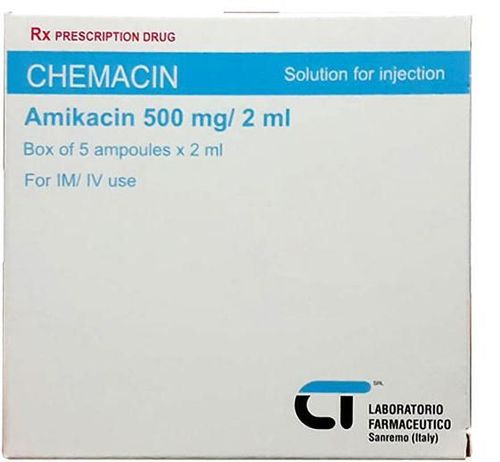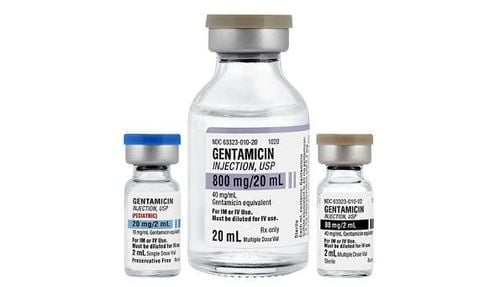This is an automatically translated article.
The article was professionally consulted by Master, Doctor Nguyen Thi Thanh Thuy - Endocrinologist - Dialysis - Kidney Transplant - Department of Medical Examination & Internal Medicine - Vinmec Central Park International General Hospital.Septicemia from a urinary tract infection is considered an infection that originates in the urinary tract, followed by bacteria entering the bloodstream causing systemic symptoms.
1. Diagnosis of bacteremia due to urinary tract infection
Sepsis is diagnosed when evidence of infection is accompanied by signs of systemic inflammatory response syndrome (SIRS) including: fever or hypothermia, leukopenia or leukopenia, tachycardia, and respiratory distress. are considered to be the first events of multi-organ failure.Severe sepsis is defined as symptoms of organ dysfunction and septic shock is defined as hypotension associated with tissue hypoxia.
Physical examination in bacteremia from urinary tract infection is not helpful in diagnosis, except in patients with pyelonephritis, renal colic due to stones, or with obstruction or prostatitis .
Perform urinalysis, gram stain, urinalysis and blood culture are the tests required to confirm the diagnosis. While blood culture results are not available, urine gram staining can provide information about the cause of sepsis from a urinary tract infection.
1.1. Septicemia from hospital-acquired urinary tract infections
Illness is often directed towards a direct cause of the patient's urologic procedure, with a temporal relationship between the procedure and the onset of sepsis. Patients treated in the ICU, have Foley catheters, and have bacteriuria almost never have a fever unless the patient has diabetes, systemic lupus erythematosus, or is on corticosteroids. Diagnostic imaging CT scan, magnetic resonance of the abdomen/urinary tract - can detect progression of intra-abdominal infection and cause fever.1.2. Septicemia from community-acquired urinary tract infections
The disease may be accompanied by urolithiasis or diseases of the urinary tract structures, acute prostatitis, prostate abscess or acute pyelonephritis. Acute pyelonephritis is diagnosed when the temperature is >39.5°C in a patient with flank pain with renal origin, and the test results show bacteria and white blood cells in the urine.2. Biomarkers to aid diagnosis
Currently, there are many biomarkers to help confirm the diagnosis as well as assess the prognosis and treatment response of sepsis, severe sepsis and septic shock. The commonly used markers in clinical practice such as measuring cytokine levels, CRP, blood lactate, procalcitonin.Cytokines are involved in the pathogenesis of the infectious syndrome. These are peptides involved in enhancing and prolonging the inflammatory response of the patient. Procalcitonin is a propeptide of calcitonin but has no endocrine activity. Normally, procalcitonin levels are low, undetectable in otherwise healthy individuals. During severe infections (bacterial, parasitic, fungal) with systemic manifestations, procalcitonin may rise to >100 ng/mL. In contrast, during viral infections or inflammatory reactions of non-infectious agents, procalcitonin was only moderately increased or not increased. A high or sudden increase in procalcitonin levels should prompt an urgent search for a source of infection.
3. Treatment of bacteremia caused by urinary tract infections
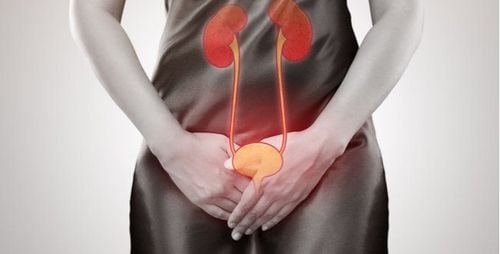
Nhiễm khuẩn từ đường tiết niệu gây nhiều hậu quả xấu cho người bệnh
The causative organism in bacteremia from community-acquired urinary tract infections is aerobic gram-negative bacilli or gram-positive cocci (Streptococcus group B or D). Empiric initiation of antibiotic therapy should be initiated immediately. Aerobic gram-negative bacilli are not a big deal if it's E.coli, Proteus, Klebsiella because antibiotic coverage is resistant to all community-acquired pathogens.
Sepsis from nosocomial urinary tract infections caused by aerobic gram-negative bacilli. Coverage treatment must be directed to treatment against P.aeruginosa (green pus bacillus), which can cover the pathogens causing aerobic nosocomial infections except non-aeruginosa Pseudomonas.
If Pseudomonas is not aeruginosa, aminoglycoside antibiotics should not be treated, the antibiotic of choice should be Cotrimoxazol or a quinolone antibiotic. However, in the current situation in our country, Gram-negative bacilli in general and Gram-negative bacilli causing urinary tract disease in particular are often highly resistant to 3rd generation cephalosporins and quinolones, the choice of antibiotic Appropriate antibiotics should be based on the bacterial ecology and antibiotic resistance situation of each treatment facility.
4. Supportive treatment

Bệnh viện Đa khoa Quốc tế Vinmec cung cấp gói khám sàng lọc bệnh lý tiết niệu
Early interventions with appropriate measures such as maintaining tissue perfusion and adequate oxygen delivery by establishing fluid infusion, stabilizing arterial blood pressure and ensuring adequate oxygen transport capacity. Hydrocortisone is beneficial in patients with relatively impaired pituitary–adrenal axis function (adrenocortical test).
In addition, tight glycemic control (if needed) with insulin doses up to 50 U/hr is associated with reduced mortality.
Vinmec International General Hospital offers a Urinary Pathology Screening Package with many utilities, including: Early detection of possible urinary diseases. Especially prostate diseases (benign prostatic hypertrophy, prostate cancer). The pathology of urinary stones .... thereby helping customers take preventive measures.
When registering for the urological screening package, customers will be examined by a urologist, ultrasound, urine culture... to detect the disease accurately and promptly.
Master. Doctor. Nguyen Thi Thanh Thuy is a nephrologist with more than 15 years of experience in diagnosing and treating medical kidney disease, hemodialysis, peritoneal dialysis, pre-transplant screening and post-transplant monitoring. Currently, Dr. Thuy is working at the Department of General Internal Medicine - Vinmec Central Park International General Hospital.
Please dial HOTLINE for more information or register for an appointment HERE. Download MyVinmec app to make appointments faster and to manage your bookings easily.




